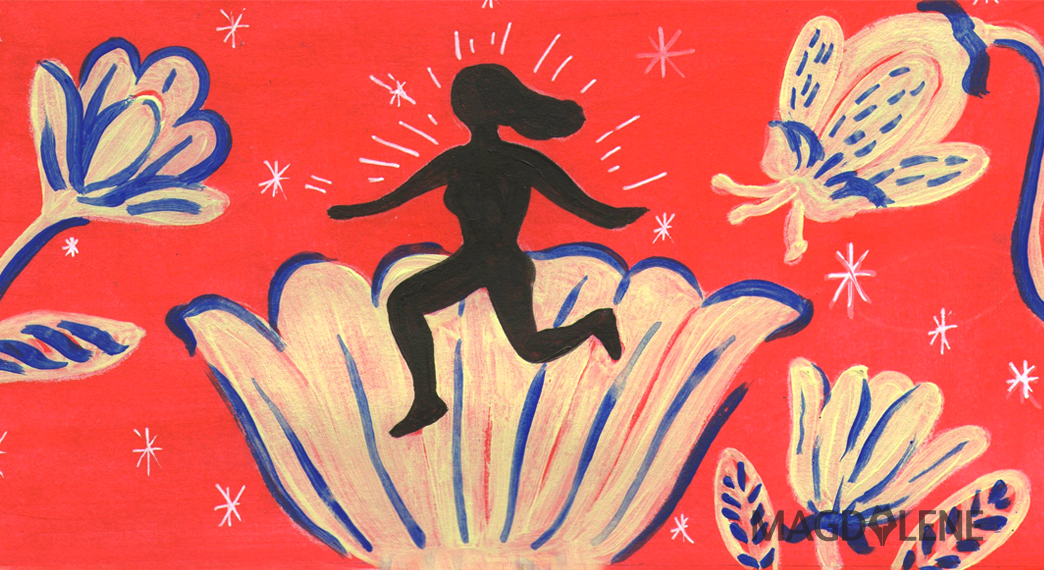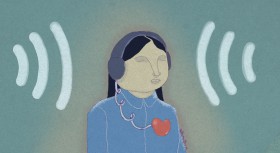We all know that one feminist whom we all aspire to be. She is the one who initiates the marches, and raises funds for women empowerment projects in rural areas while at the same time running her own non-profit organisation. Her articles are published in newspapers, her speeches are powerful, her name is on the speakers’ list of conferences around the world. Whatever she is doing, she makes changes, the change that we wish to see in the society.
While I’m happy for the success of these people, I can’t help but feeling a little guilty sometimes, because, honestly, I have done nothing extraordinary as a feminist in my life.
Being a feminist in the 21st century could be complicated. More than just believing in the equal rights of men and women, the how and what have we done to help achieve equality often becomes a question. It seems like once you have declared to the world that you are a feminist, there are to-do lists that you have to check. Have you actually read Simone de Beauvoir? Are your views intersectional enough? Did you join last year women’s march?
Everyone dreads being perceived as a hypocrite, the “fake feminist” who misuses feminism for the wrong reasons. Nobody wants to be called a “tumblr feminist” or “social justice warriors.” I am pretty sure that all of us want to be true feminists who really do something for a cause that we deeply care about. Isn’t it the reason why we become feminists in the first place?
But I have learned that not everyone is Malala Yousafzai, Amal Alamuddin or Emma Watson.
Most of us are ordinary women from ordinary backgrounds, with our ordinary life struggles. Maybe we are not brave enough to demonstrate at street marches, often times we are not influential enough to start a campaign, maybe we are too shy to share our opinions, maybe we simply want to support the cause in our own way – the simple way.
This is the way we argue when a person made a sexist remark. The way we share a bit of our knowledge on feminism. The way we respect our mothers. The way we talk back to catcallers. The way we insist on studying something that is not a traditionally “woman’s field.” The way we make our own decisions for us. The way we became a shoulder to count on for a friend in an abusive relationship. The way we listen to victims of sexual harrasments. The way we buy goods from women-led homemade industry. The way we study hard to become independent. The way we vote for feminist politicians. The way we praise other women for their success.
Most importantly, the way we acknowledge that there is a problem in society and realising that it has to stop.
If you are a courageous activist, good for you, but if all you can do is show your support on social media, it shouldn’t be a problem either. At the end of the day, there is no right or wrong way to become a feminist. There is no such thing as a “passive” or “active” feminist. We need each other to unite and to collaborate within our powers for the common goals that we share; to build a gender-equal world without the existence of patriarchy!
Illustration by Karina Tungari







Comments